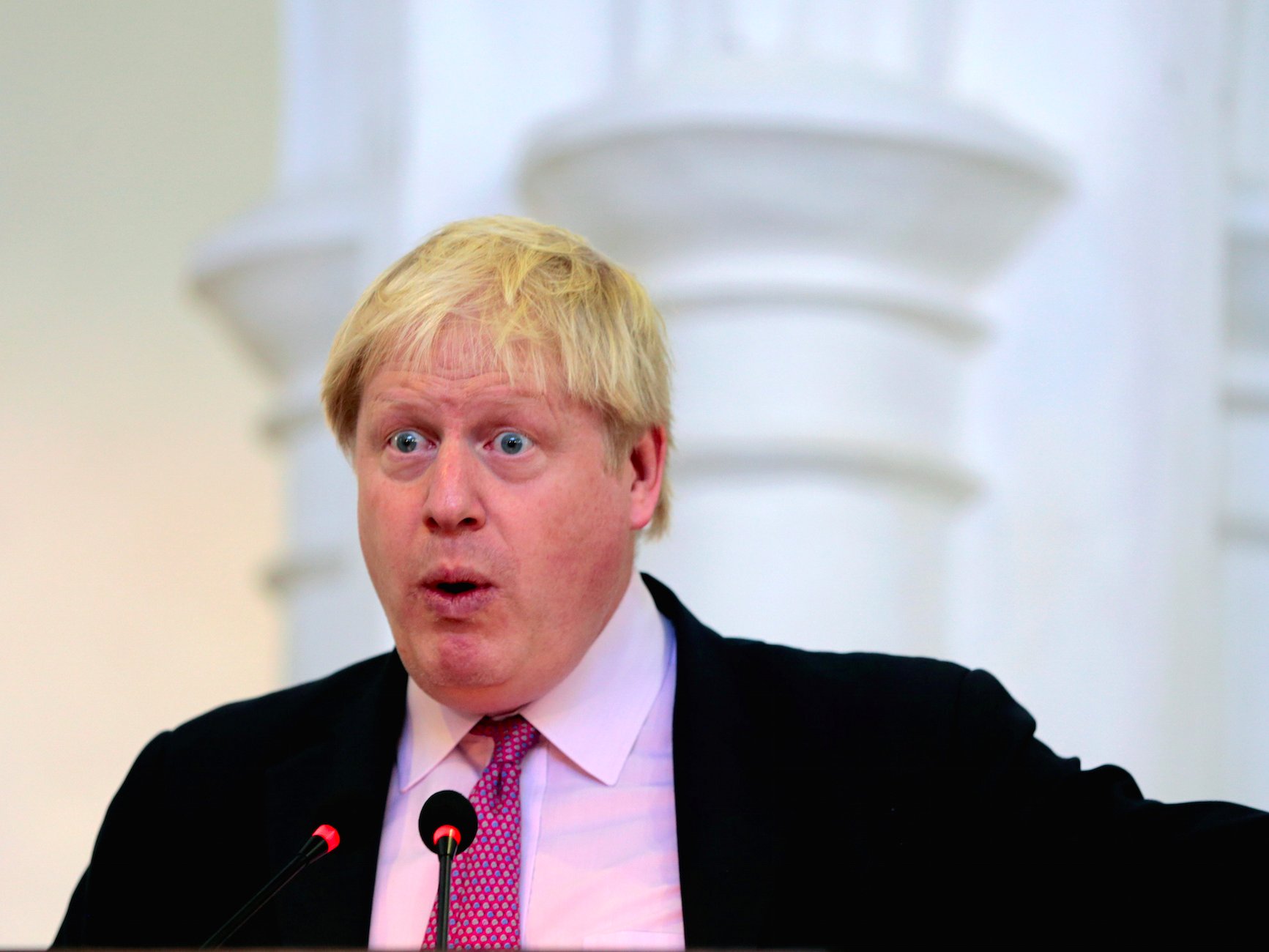
LONDON — One in four small British firms would be deterred from trading with the EU should any tariffs be introduced after Brexit, according to new research from policy group the Federation of Small Businesses (FSB).
The report, titled “Keep Trade Easy: what small firms want from Brexit” found that 27% of small firms which export goods would be “genuinely deterred” from trading with the EU should any tariffs — no matter how low – be introduced once the UK leaves the EU.
Prime Minister Theresa May has committed to taking Britain out of the single market, and has pledged to negotiate a deal which secures the “greatest possible access” to European markets.
The possibility of failing to strike a deal within the two-year timeframe for negotiating Britain’s EU exit remains a realistic one, however — something Brexit minister David Davis last week admitted his department had not made preparations for.
Should the UK fail to strike a favourable deal and find itself trading under World Trade Organisation (WTO) rules — widely regarded as the worst possible option — Britain would likely be subject EU tariffs of around 2% to 4%. At those rates, the number of exporting businesses which said they would be deterred from trading rose to one-third.
The research also revealed that the EU single market remains a top priority market for the bulk of British business (63%). Other markets were considered less important: 49% of FSB members selected the US as a priority market and 29% chose Australia. Other key markets included China (28%) and Canada (23%).
FSB chairman Mike Cherry said: “Small firms trade with countries based on ease, cost and value and any future trade deal must deliver on these key aspects both with the EU single market and non-EU markets.”
“The top non-EU countries of choice for trade deals include the US and China. However, the reality is that the EU single market is still a crucial market for smaller firms and cannot be undervalued,” he added.
He called on the government to introduce a “sensible, phased implementation arrangement” to avoid a “cliff-edge” for businesses.













